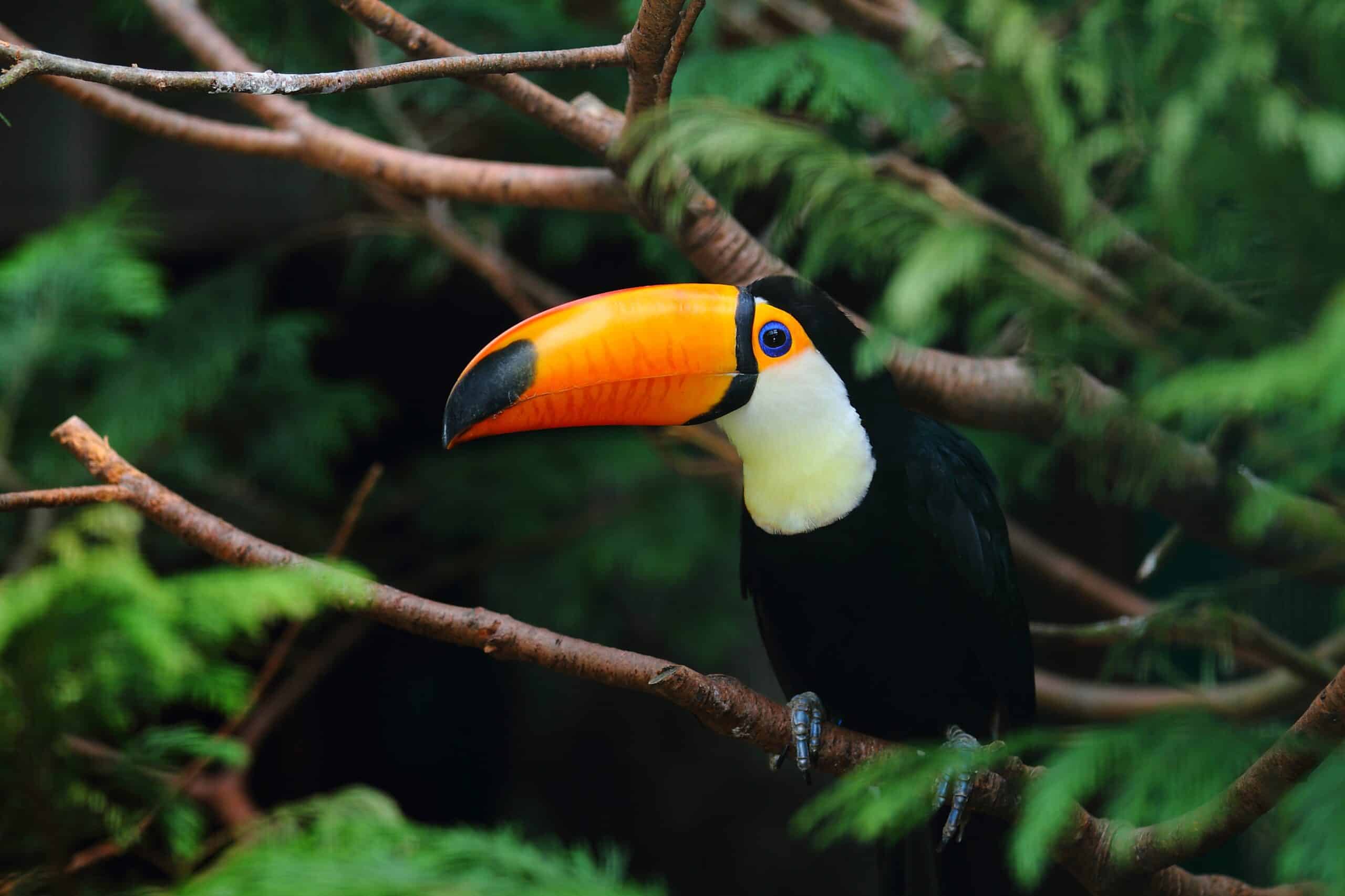The Urgency of Species Conservation
When we think of saving the planet, we often think of protecting the environment or combating climate change. We focus on the physical surroundings, landscapes or oceans, and how we can maintain or restore them. But we rarely think of the living beings that inhabit these spaces, the countless species that share our world.
This is where the urgency of species conservation comes in. The extinction of species is a loss to our planet that we cannot afford to ignore. Every living being has a unique role in the ecosystem, and the removal of one can have devastating effects on the entire system. The urgency of species conservation cannot be overstated.
The Current State of Species Conservation
Despite the importance of species conservation, the current state of affairs is not promising. According to the International Union for Conservation of Nature (IUCN) Red List of Threatened Species, about 27,000 species are threatened with extinction. This includes mammals, birds, reptiles, amphibians, fish, and plants. The rates of decline are alarming.
For example, since the 1970s, the population of elephants in Africa has declined from 1.2 million to just over 400,000 today. In Southeast Asia, the number of tigers has declined from 100,000 in the 1900s to less than 4,000 today. These are just a few examples out of thousands.
The causes of species decline and extinction are varied but often linked to human activities. Deforestation, habitat destruction, climate change, overhunting, pollution, and the introduction of invasive species are some of the key factors. The scale of the problem is immense, and the solutions are complex. Yet, it is not an issue we can ignore. Species conservation must be a global priority.
The Importance of Biodiversity
Species conservation is essential not only for saving individual species but also for preserving the biodiversity of our planet. Biodiversity refers to the variety of living beings on Earth and their interactions with each other and their environment. A diverse ecosystem is a healthy one, as each organism contributes to the balance of the entire ecosystem. Biodiversity has countless benefits, from the production of oxygen and clean water to pest control and nutrient cycling.
Protecting species also has a cultural and economic value. Many indigenous cultures rely on their local flora and fauna for food, medicine, and spiritual practices. The tourism industry is also dependent on conserving species, as people travel worldwide to see unique animals and habitats. Species conservation benefits humans in countless ways.
The Role of Governments and International Organizations
Governments and international organizations play a significant role in species conservation. The United Nations has set goals for biodiversity conservation through the 2030 Agenda for Sustainable Development. The Convention on International Trade in Endangered Species (CITES) is an international agreement that regulates trade in wildlife and plants to protect endangered species. Additionally, there are many national and regional laws that address species conservation, such as the U.S. Endangered Species Act.
However, despite the efforts of the above international organizations and public policies of many countries, the decline or extinction of species is still happening at an alarming rate, which calls for urgent action.
The Role of the Public
The public also has a crucial role to play in species conservation. We can all take steps to reduce our impact on the environment and support conservation efforts. Simple actions such as reducing plastic consumption, recycling, and composting can have a positive impact.
We can also support organizations that are dedicated to species conservation. Many NGOs and charities work tirelessly to protect endangered species and their habitats. By contributing financially or volunteering our time, we can help these organizations make a real difference.
But perhaps the most important thing we can do is to educate ourselves and others about the urgency of species conservation. The more we know about the challenges facing our planet and its inhabitants, the more we can do to make a difference.
Conclusion
The urgency of species conservation cannot be overstated. We are facing an ecological crisis, and the loss of species is just one of its many symptoms. But it is not too late to act. By protecting endangered species and their habitats, we can preserve the biodiversity of our planet and secure a future for ourselves and future generations.
Governments, international organizations, and individuals all have a role to play in species conservation. From enacting policies and regulations to supporting conservation efforts financially and through volunteer work, we can make a difference. But perhaps most importantly, we must educate ourselves and others about the importance of species conservation. Only by working together can we save our planet, one species at a time.
